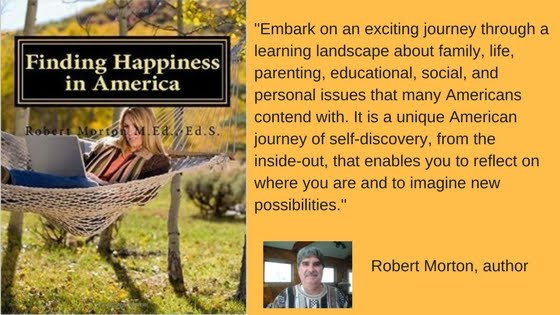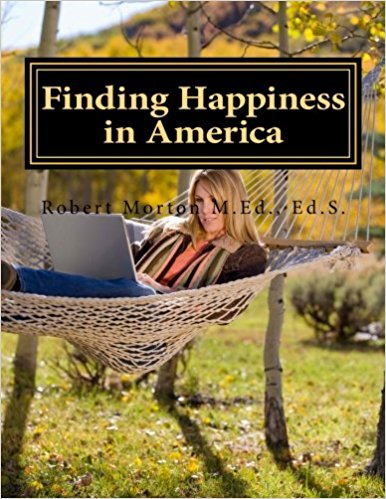
In my separate interviews with several first-time fathers over 40, three factors emerged which seemed important to their readiness for becoming older dads: occupational and financial security; a clear understanding and adaptation to today's diverse fatherhood roles, despite lingering assumptions that being major breadwinner and minor nurturer is the definitive act of mature manhood; and a strong drive for a sense of closure to their childless period of life, by leaving a breathing part of themselves behind.
Because these factors were secured, these older first-time fathers were happy and felt their children had changed their lives for the better. Many fathers their age find new experiences hard to find because their earlier-set life goals have already been conquered and their children have fledged the nest; these older, first-time fathers, however, talk of new aspirations and horizons to explore.
Bill Brown, 52 years old, is a guidance counselor for the Fremont City Schools(Ohio). I happened to call him for the interview while his wife Nancy, a clinical dietitian, was working at Fremont Memorial Hospital. His first words were, "Great time for the interview, my kids are taking a nap!"
From his perspective as a counselor well-versed in child development theory, Brown related how his two boys, Wesley and Matthew, ages six and four, respectively, have transformed his life.
Because these factors were secured, these older first-time fathers were happy and felt their children had changed their lives for the better. Many fathers their age find new experiences hard to find because their earlier-set life goals have already been conquered and their children have fledged the nest; these older, first-time fathers, however, talk of new aspirations and horizons to explore.
Bill Brown, 52 years old, is a guidance counselor for the Fremont City Schools(Ohio). I happened to call him for the interview while his wife Nancy, a clinical dietitian, was working at Fremont Memorial Hospital. His first words were, "Great time for the interview, my kids are taking a nap!"
From his perspective as a counselor well-versed in child development theory, Brown related how his two boys, Wesley and Matthew, ages six and four, respectively, have transformed his life.
Similarly, 56 year-old Gene Morton, a biologist and ornithologist for the Smithsonian Institution, related how his child, five month old Douglas, has added a new dimension to his life. His wife, Bridgett, is a biology-ecology professor at York University in Toronto, Canada.
"To have and raise a baby, to play with and teach him. It's a great new experience for me--a first time experience. At my age, there's not many of those left."
Both Brown and Morton understand the diverse roles dads play today in child-rearing and consider themselves nurturers as well as breadwinners. They realize fathers are not social accidents, and believe they're more similar to than different from their wives in responding to the needs of their children. They are not satisfied in playing minor roles in child-rearing and find themselves staying in, not retreating from, the nursery and playroom.
Interesting Video about older dads!!!






